D20 - Sign Session 4 – Sharing Ideas in a Global Network: Politics, advocacy and change in the pharmacy profession
Organised by the FIP Programme Committee
Chair
Arijana Meštrović (FIP Programme Committee, Croatia)Introduction
This is a session about political actions that should be taken by pharmacists’ associations or pharmacy leaders to get pharmacists recognised in the healthcare system and remunerated for their services. The dynamic relationship between the key sectors of the pharmacy profession (Regulation/Policy-Education-Practice) should be managed in a strategic way. Empowered by the best examples and motivational talks from leaders of FIP, leaders and individuals can advocate better for the pharmacy profession and health delivery in their own countries.
Programme
12:30 – 12:35
Introduction by the chair
- 12:35 – 12:55
- Focus on advocacy, policy and change
- Results of a survey of FIP member organisations — What do we need to be empowered to act?
Arijana Meštrović (FIP Programme Committee, Croatia)
- 12:55 – 13:15
Case studies with successful approaches to change
Dominique Jordan (FIP, Switzerland)
Mike Rouse (Accreditation Council for Pharmacy Education, USA)
Jurate Švarcajte (Belgium) - 13:15 – 13:30
Panel discussion: Best strategies in advocacy for the profession
Dominique Jordan (FIP, Switzerland)
Mike Rouse (ACPE, USA)
Jurate Švarcajte (Belgium) - 13:30 – 13:45
Roundtable discussion: Interactive session with the audience
Moderated by the chair and with all the speakers - 13:45 – 13:55
Feedback from the audience
Dominique Jordan (FIP, Switzerland)
Mike Rouse (ACPE, USA)
Jurate Švarcajte (Belgium) - 13:55 – 14:00
Closing remarks and commitment to act
Learning Objectives
At the end of this session, participants will be able to:
- Describe best practices gathered by FIP experience in advocacy for the profession;
- Outline proactive approaches in the political environment to advance pharmacy practice and recognition in their own national context;
- Explain how to manage stakeholder engagement to achieve strategic goals for the profession;
- Specify the importance of the dynamic relationship between practice-regulation/policy-education and other sectors of the pharmacy profession nationally and internationally.
Type of session: Knowledge-based
